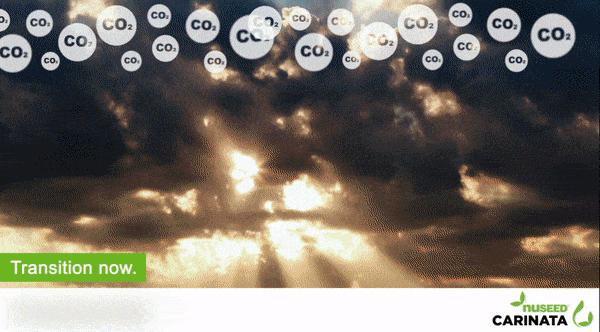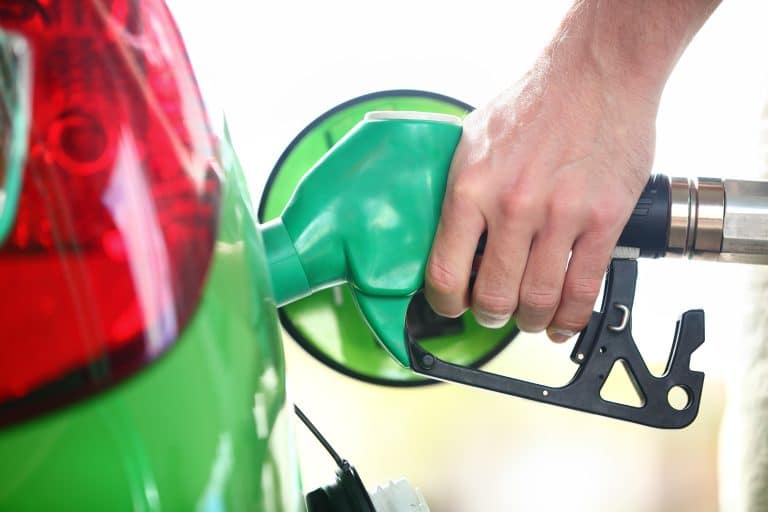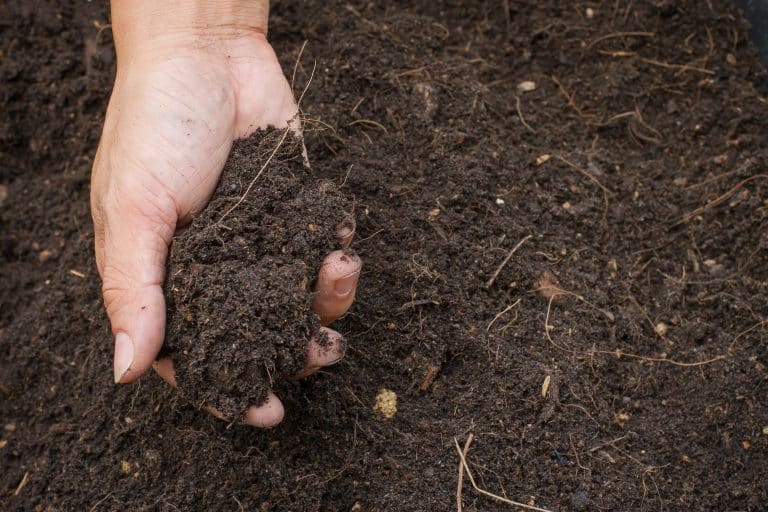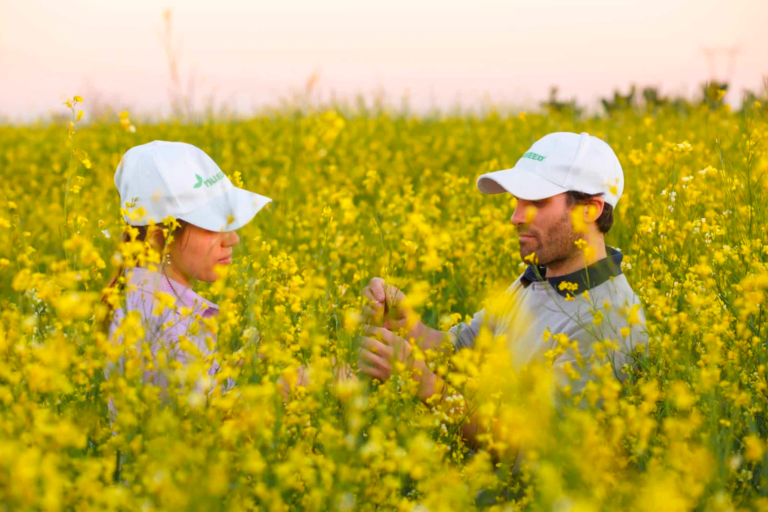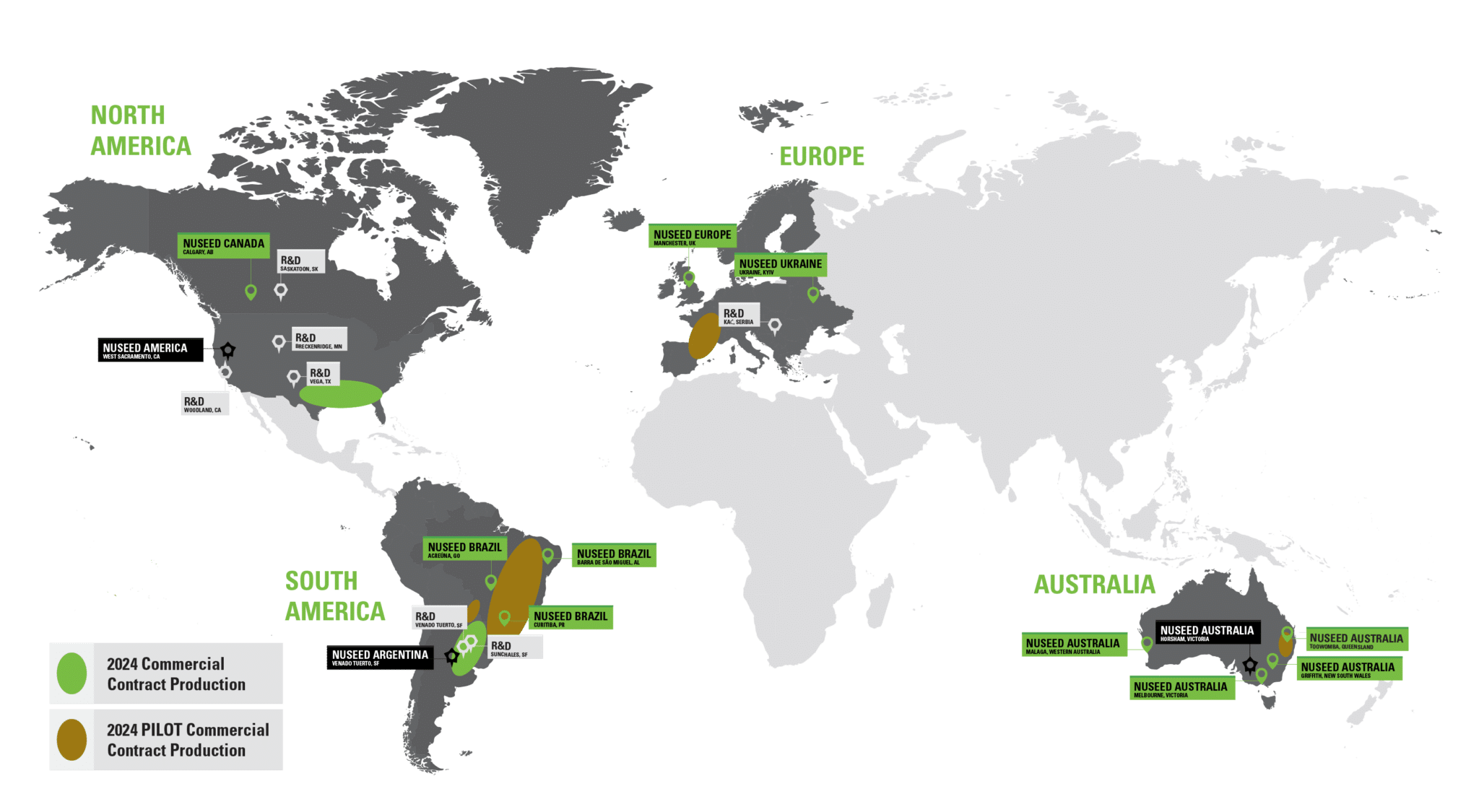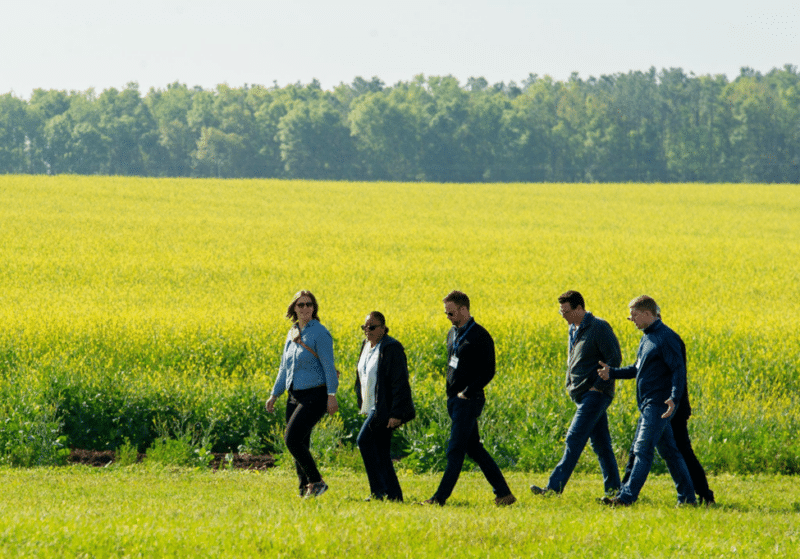
A European Union (EU) decision is paving the way for more non-food crops, including Nuseed Carinata, to play a crucial role in the decarbonization of the aviation industry
For the first time, the EU has added to the list of feedstocks in Annex IX of the Renewable Energy Directive (RED)— including intermediate crops and cover
